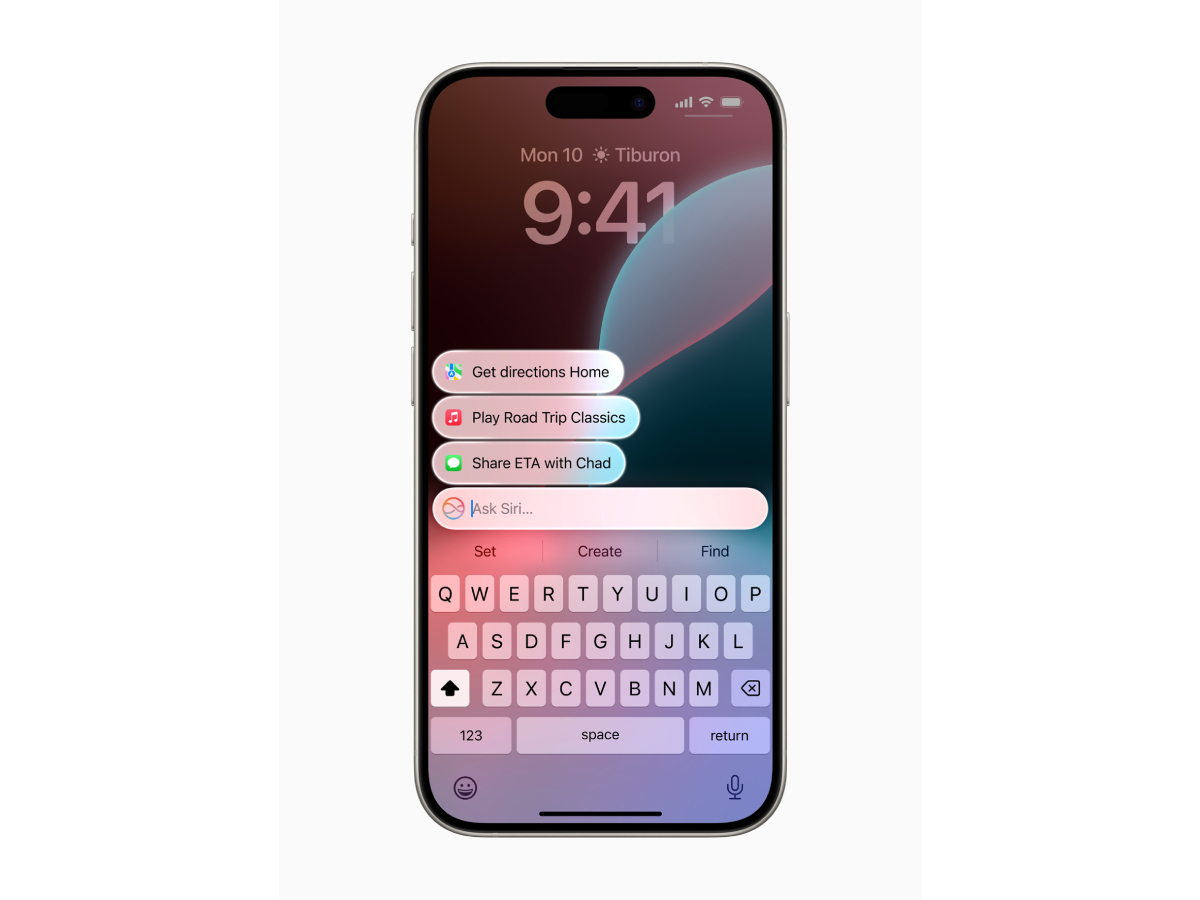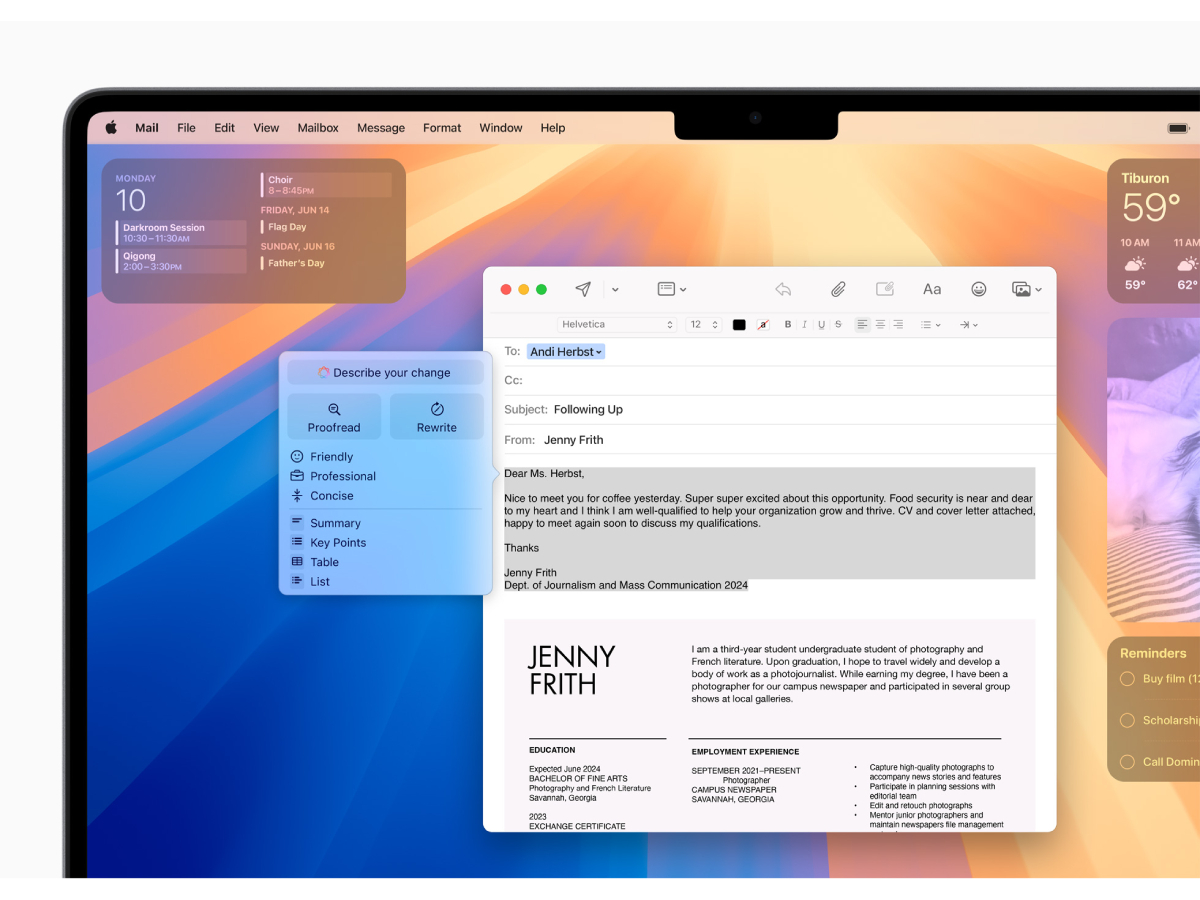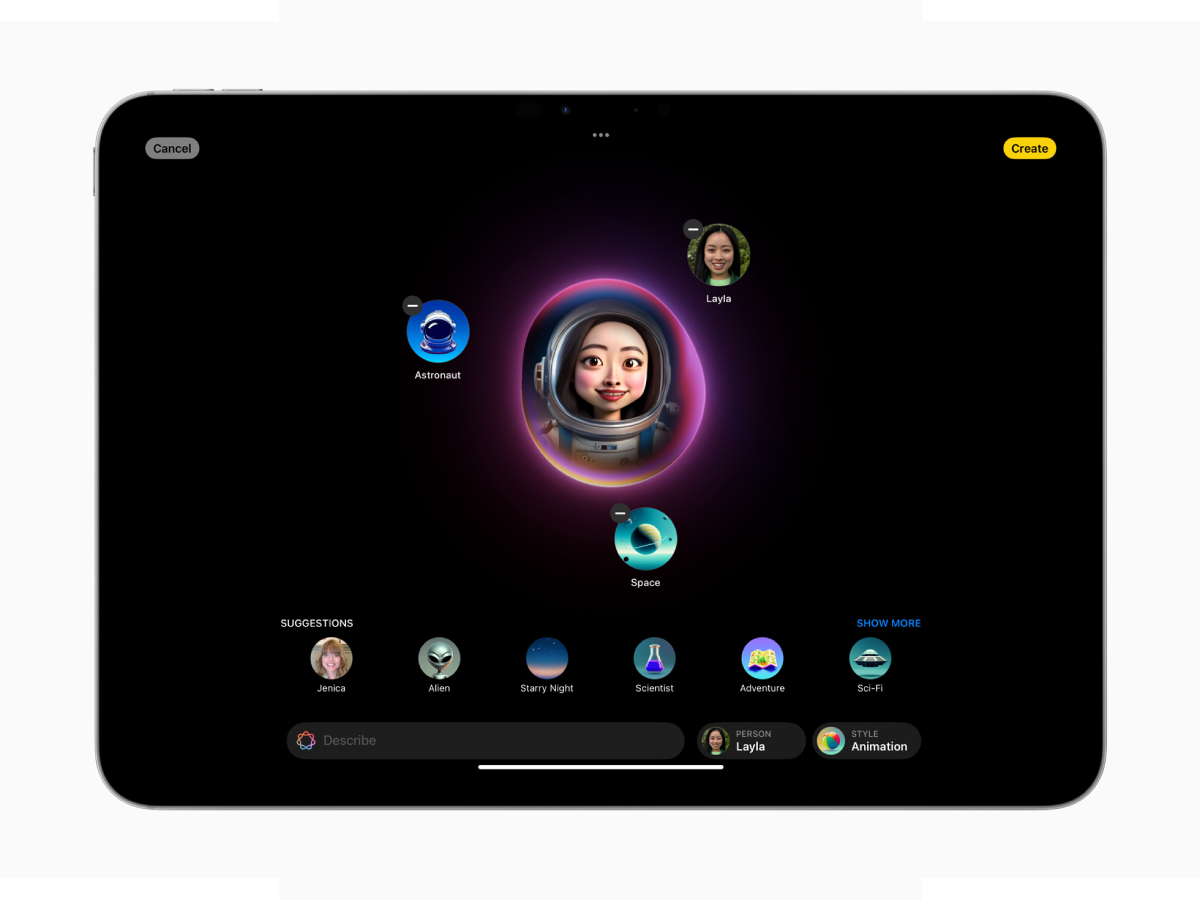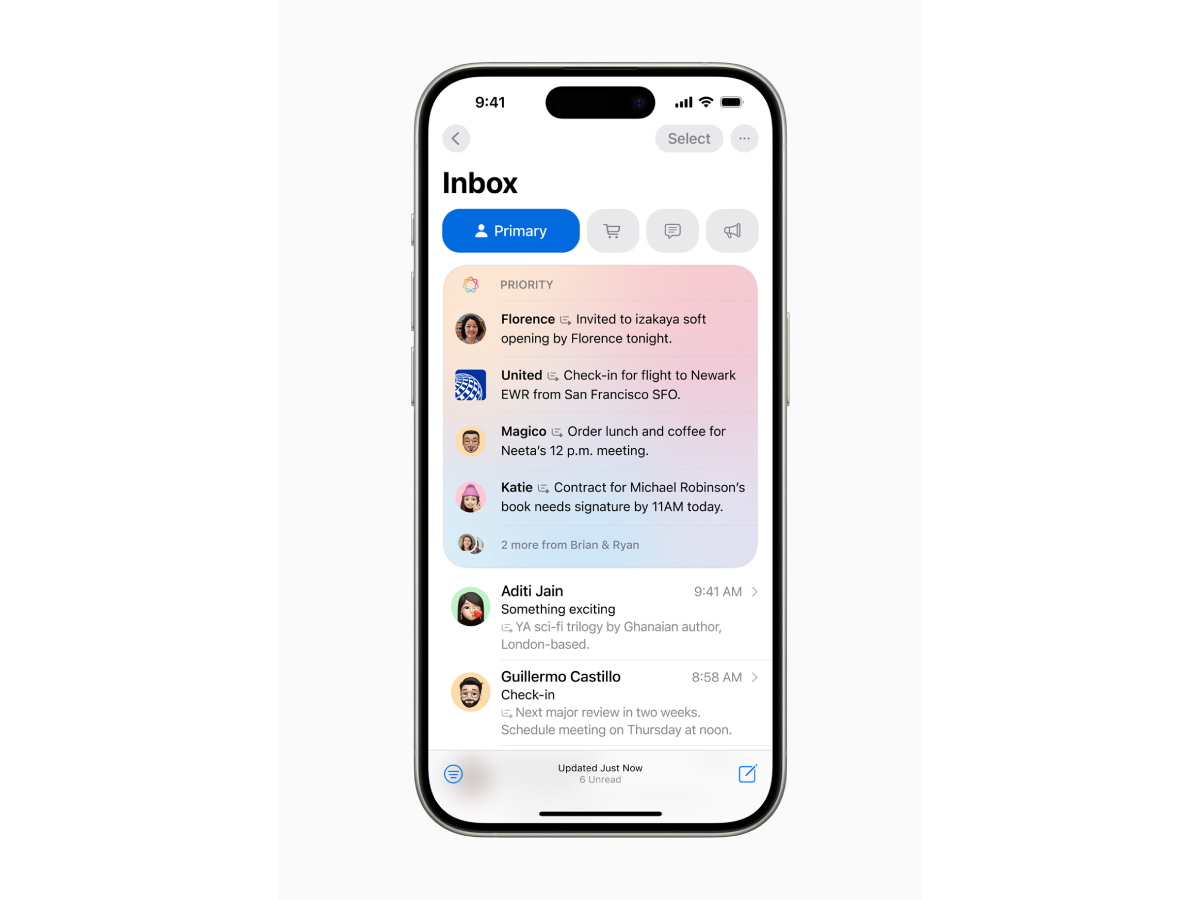The pivot couldn’t have been better timed. Just as the general populi was feeling jaded with iPhone hardware, Apple went ahead and did the most Apple thing - rebranded democratic tech as their genius invention. Truth be told, it is a bit of maverick marketing that the Cupertino giant has always been known for, but this time there is more substance behind the tall claim. You see, until the end of Q1 2024, the iPhone 15 Pro Max has sold more than double the numbers of the Samsung Galaxy S24 Ultra, its closest competitor in terms of price, class and AI chops. Empirically that just means more than twice the number of people are using iPhones than other phones and that’s just the latest and greatest model. Do the math across Apple’s product line-up and over the past couple of years and you can estimate the lead that Apple has over the competition in terms of hardware penetration. Now, throw in the millions of iPads and Macs sold during the same period that have the latest generation of Apple silicon and will be able to use Apple’s AI - Apple Intelligence. It starts becoming clear why Apple’s holdout might be paying off big time.
Opinion: Is Apple poised to win the AI war?
Apple Intelligence aims to redefine AI
.jpg&w=883&h=662&q=70&c=1)

Samsung Galaxy AI has partnered with Google’s Gemini LLM (Nano and Pro, depending on tasks) and while it has worked well for me in terms of image editing and ‘circle-to-search’ any given item on the screen, it hasn’t changed my life on a day-to-day basis. Which is exactly what Apple is aiming to do with a system-wide approach, baking Apple Intelligence into any and every note-taking app, photo albums and editing, search and most crucially, Siri. Now, as bereft of context as Siri has been until now, it’s still a constantly used tool for signalling simple voice commands and alarm requests. More so than I’ve seen or heard Android users speaking into their phones. Having the AI boost injected intravenously into the system, suddenly Siri seems like a super-secretary that is screen aware, contextually aware and relationship aware. What that means is that it can knock off seconds or even minutes trying to make sense of things like ‘What flight is my mom taking, is it on time, how much time will we take from the airport to the restaurant’. All without leaving your screen and simply letting Siri scan your emails with mom, messages with mom, calendar for reservations and map for estimating time of arrival.

Doing all of this on-device also lets Apple tout its hyper-focus on privacy. For tasks that require cloud computing, Apple has set up Private Cloud Compute, an ecosystem of servers powered by their own silicon with a proven track record of reliable encryption and impenetrable security. But the big non-surprise was the integration with OpenAI to include ChatGPT 4.0 into iOS18 and into the realm of Apple Intelligence. Given the history, Elon Musk isn’t ecstatic about this announcement and has in fact threatened to ban Apple devices in his companies should this happen, but Apple has already secured its back by offering users complete transparency and offering the option of letting ChatGPT handle the query or not. Interestingly, Apple has refrained from using the word “exclusive” anywhere and is open to partnering with other LLMs in the future if need be.
Apple isn’t new to “AI”. It’s been touting its neural engines and machine learning algorithms for years in different aspects of the camera app, fitness apps, augmented reality and safety and fitness-driven use cases on the Apple Watch. Fall and crash detection for example. Memories and Stickers in the Photos app for example. There are plenty more instances of AI crumbs everywhere, but with Apple Intelligence, you get it baked into the systemwide OS. With the same ecosystem advantage that Apple has over the competition, accumulating data across devices and presenting it on the currently in-use device is what will give Apple Intelligence the edge. The fact that it will be made available to all M-series Mac and iPad users and all iPhone 15 Pro and beyond means that it will have a readymade user base of millions on D-day. It’s also the reason why Apple wasn’t showing the same level of urgency as the other tech giants to announce its take on AI. Regardless of the launch date, the strong consumer base of Apple devices ensures a Cape Canaveral launch that other brands can only dream of.

While other brands made it look like Apple was scrambling to put its AI strategy together, Apple has done what it always does - not be the first to the party but instead, crash the party with the most fanfare. Apple users will certainly never use “AI” as a generic term after being brainwashed by Apple Intelligence and going by early demos, its integration with Siri along with obvious AI features that people love to see is what gives it the differentiating factor. A great mix of fun tools like Genmoji that lets you create your own emojis based on text prompts, Image Wand that converts a rough, hand-made sketch into a refined illustration, Clean-up in photos and a ton of text-based features are all “AI” tropes that we love to see and use every day. It makes the device feel more alive and organic in our hands whereas the deeper Siri integration across multiple apps and devices is what will enrich our lives (hopefully) with less screen time and more productive time.

Apple’s AI reflects the brand’s undying ethos of making technology fun and easy to use whilst focusing on privacy and security. Web publishers have the option to opt out of having their data being used for training Apple’s language model, but end-users don’t seem to have any such choice yet and it may be on by default. Yes, there is a door there that is wide open to data siphoning, should you choose to opt into the third-party GPT platforms. Since this is still a developing category, everyone from Microsoft to Google is still struggling to find the right balance between on-device and on-cloud processing without compromising on the user experience. Apple has taken a step in the right direction by setting up its own servers to handle a large part of the queries that Siri will be asked to perform and if we are to believe Apple, they will also allow independent analysts to verify their security claims by letting them inspect the code. While the future of AI in general is still unknown, I’m inclined to bet that Apple Intelligence could be winning this war based on numbers alone.
.jpg&w=35&h=35&q=70&c=1)